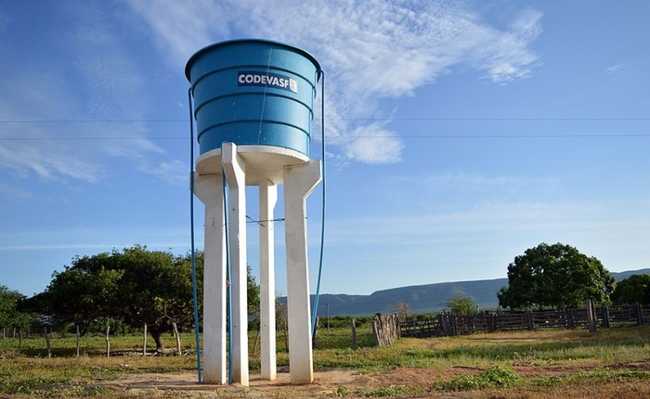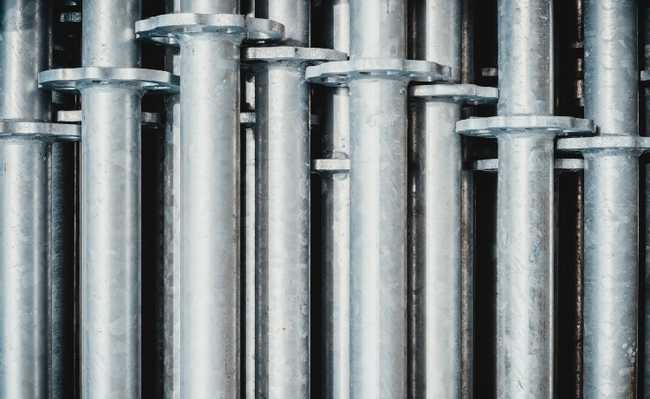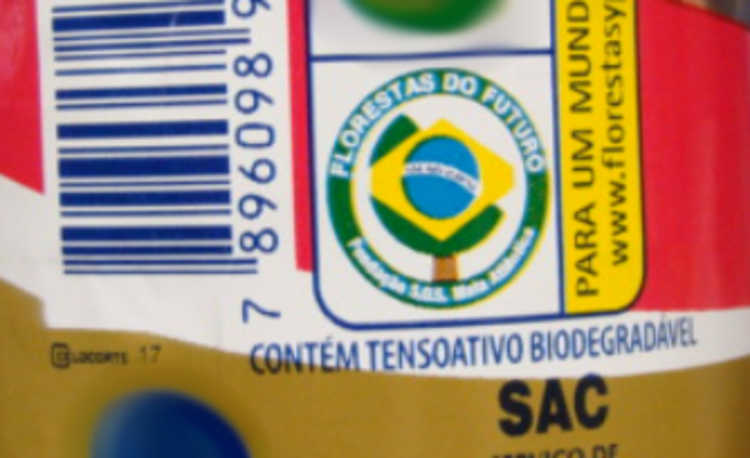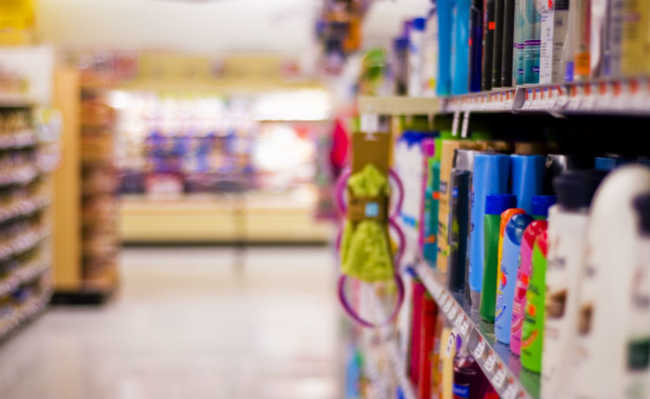Know how to dispose of used or expired automotive oil
In addition to harming health, lubricating oil can generate irreversible negative impacts on the environment. Therefore, it is necessary to pay attention to the correct disposal
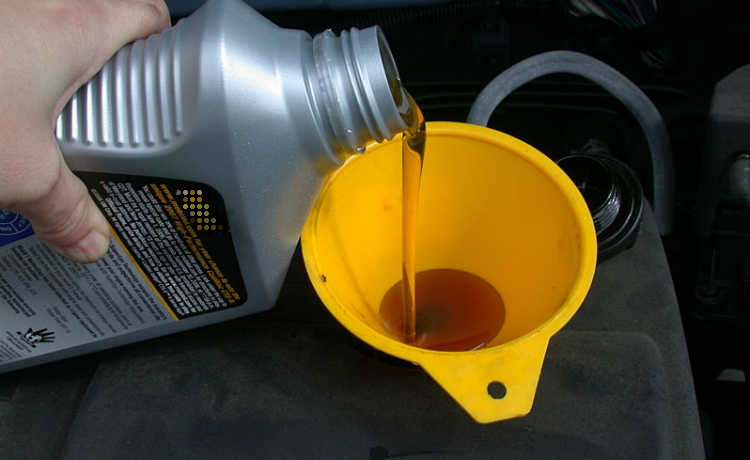
Lubricating oils are widely used in today's society and the trend is for market expansion. Automotive transport and motorized machinery are totally dependent on the substance for the maintenance and correct use of the equipment. Cars, buses, trucks, motorcycles, boats, trains, planes, in addition to a large number of motorized machines, such as harvesters, tractors and chainsaws, designed and adapted for the most diverse purposes, need, from time to time, to have the oil for their engines exchanged to continue to be useful for their respective purposes.
As a matter of course, when we change the oil in some equipment, we forget to think about where it will stop and what the consequences of this act will be. For starters, you can already know that incorrect disposal is a big problem. Let's see why.
lubricating oils
Lubricating oil has the primary function of reducing friction and wear between moving parts of a mechanism. It can also have the purpose of cooling and cleaning moving parts, in addition to transmitting mechanical force, sealing, isolating and protecting the set or specific components, and even transferring certain physical-chemical characteristics to other products.
For this, lubricants are presented in various forms, from liquid to semi-liquid, differing in viscosity and other characteristics, depending on the intended use.
Regardless, they all have something in common: they are made up of a basic lubricating oil as the primary raw material (which represents 80% to 90% of their volume). It is from this oil that additives are inserted.
Basic lubricating oils
There are two types of basic lubricating oils, which are classified according to their origin:
- Mineral base lubricating oils: are produced directly from petroleum refining. Much cheaper than synthetics, more versatile, more easily “recyclable”, they are the best option for some types of application. Considered a noble raw material, they represent only a small fraction of oil. Furthermore, it is the most used type in Brazil, even though, for the most part, it is imported;
- Synthetic base lubricating oils: are produced through chemical reactions, from products usually extracted from petroleum. They have the advantages over basic minerals, greater thermal and oxidation stability, better properties at low temperatures and less volatility.
Finished lubricating oils
It is the ready-to-use lubricating oil. Composed by the union of basic and additive.
Contaminated or used lubricating oils
Over time, the oil loses its optimal properties, no longer serving the purpose for which it was prepared, whether for normal use or as a result of problems or accidents, leaving the replacement alternative. It happens that, after its use, it becomes a hazardous waste, called used or contaminated lubricating oil, and popularly known as “burnt oil” (which is not a correct name and should be avoided).
Despite being a used and useless waste, it should not be considered as waste. Despite being totally toxic, it can be reused as it still contains about 80% to 85% of the basic lubricating oil, which is extracted after various processes called "re-refining".
This is much more economical for the oil producer, as it avoids the whole process of extraction from oil and its consequent importation. But the most important thing is that, by having a correct destination, it avoids serious impacts on our health and the entire environment.
Because of this, Resolution nº 362/2005 of the National Council for the Environment - CONAMA, treats re-refining as a mandatory destination for used or contaminated lubricating oils.
Where to allocate?
As we have already seen, incorrect disposal of lubricating oils is harmful to the environment and, consequently, to our health. For this reason, the environmental agencies and regulators of the oil, fuel and derivatives industry concluded that the best destination for this hazardous waste is the collection and mandatory delivery to a re-refiner, which will remove the contaminants from the used or contaminated lubricating oil and recover the maximum possible amount of base lubricating oil.
For this, they systematized and established a set of rules that involves several parties that act in this process, including the consumer (owner of the car that uses the product), businessperson or employee who exchanges lubricants.
In this chain, the first characters are the generators, those who generate used or contaminated oil, either directly (car owner, for example) or indirectly (the mechanic who removes the oil from the car).
For these, the following obligations were determined by law:
- Generators must ensure that the oil removed from the vehicle or equipment is correctly stored while waiting for its destination, so that it does not contaminate the environment and is not itself contaminated by other products or substances that hinder or prevent its recovery through re-refining ;
- Generators must deliver used or contaminated lubricating oil to their dealer or directly to a collector authorized by the ANP.
It's important to remember that anyone can be fined and even arrested for causing pollution, and that just a small amount of neglected lubricating oil can cause big problems.
To make life easier for everyone, CONAMA Resolution nº 362/2005, art. 17, item II guarantees every consumer the right to demand from the dealer from whom he purchased the lubricating oil that he exchange the oil free of charge, in adequate facilities licensed by the competent environmental agency.
The next responsible, according to this scale, are the special generators of used or contaminated lubricating oil, which are those that cannot bring their equipment to a change point. This is the case, for example, of owners of combines, tractors, boats and industrial equipment in general.
In these cases, the generator must have a trained technical team to carry out the replacement of the lubricating oil safely or hire a specialized service, highlighting the fact that there are already practical and safe solutions for each of the special situations mentioned.
There is also, in this system, the role of lubricating oil resellers. This is everyone who directly or indirectly sells them (service stations, workshops, supermarkets, auto parts stores, wholesalers, etc.).
The legislation (CONAMA Resolution nº 362/2005, art. 17) assigns the dealer a role as a link between contaminated oil generators (consumers) and collectors.
Anyone who sells lubricating oil or just exchanges it should always keep in mind that their main mission is to safely collect this residue, removing it from the engine or equipment and storing it in an appropriate place, safe against leakage, mixing with other substances , and elements that may cause fires and any accidents, to deliver it to the collector authorized by the ANP.
We must remember that lubricating oil, after use, is a hazardous waste. Its incorrect disposal in the environment causes negative impacts, such as contamination of water bodies and the soil (see more here). The producer, the importer, the retailer, and also the consumer, are responsible for the collection and correct disposal of used lubricating oil.
Another very important obligation of resellers established by CONAMA Resolution nº 362/2005 is the mission to inform consumers about the necessary precautions with the lubricating oil. The legislation establishes that a poster must be displayed at the points of sale, in a visible place, with at least the same size as the posters used in advertising the products that are for sale.
Everyone's responsibility
We have to remember that we are lubricating oil generators. And, as a result, polluters. However, we can reverse this picture. Require collection certificates. Check if the service station or workshop where you change the oil has collection certificates issued by authorized collectors. Check if the lubricating oil you are going to purchase is registered with the ANP.
Also, disclose the risks of carelessness with lubricating oils and the correct way to deal with the matter.
Do not cooperate with impunity: when you become aware that someone is acting in disagreement with the law, misusing used or contaminated lubricating oil or discharging this residue into courses and bodies of water, on the ground, in the rainwater network or in the network of sewers, report it.
Reporting can be anonymous and you will be providing a service to the community.
Report to the ANP (phone: 0800 970 0267), or to IBAMA (phone: 0800 61 8080).
Stay tuned and always recycle
As we have seen, there are many options and advantages for correctly disposing of lubricating oils. The legislation is in our favor, and we should take advantage of it.
Source: APROMAC

